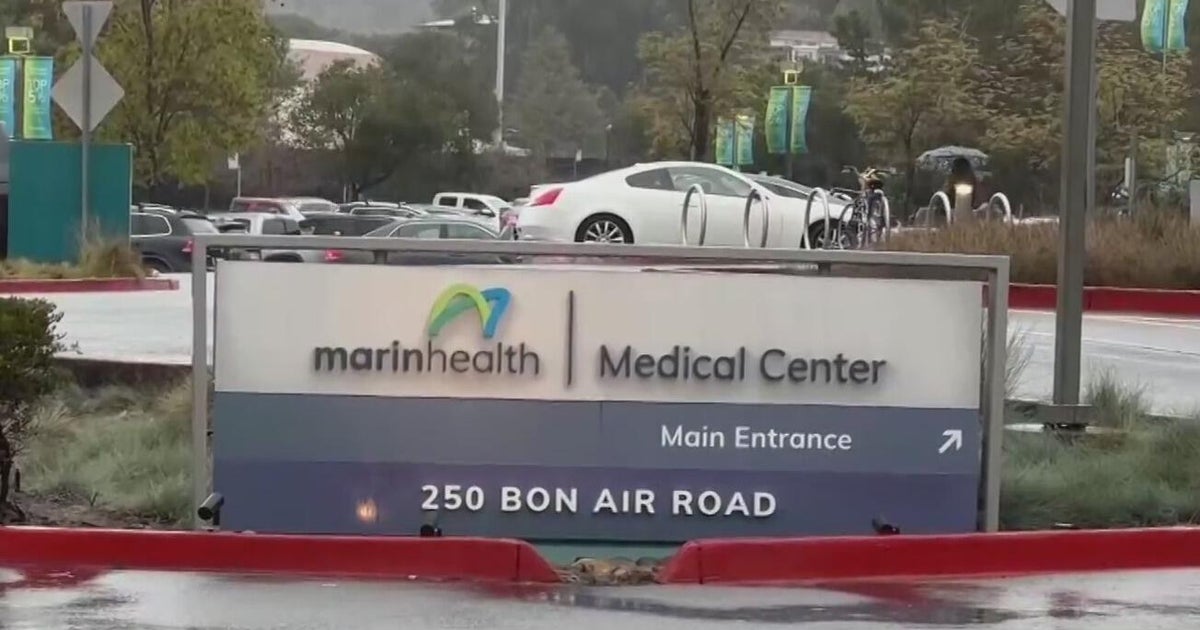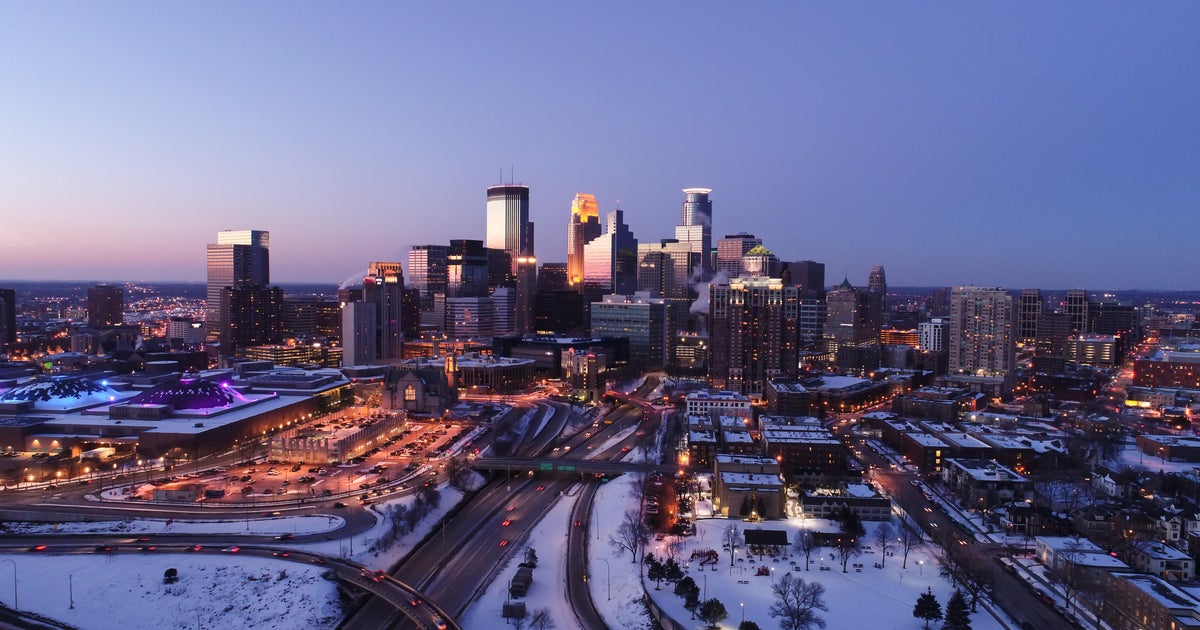Most companies haven't given essential workers pandemic "hazard pay." One city is changing that.
Although large employers have sung the praises of the retail, grocery, health care, delivery and other workers deemed "essential" during the pandemic, they've generally resisted raising the pay of this mostly low-wage workforce.
Oxnard, California, is trying to buck that trend. The city of 200,000 is giving a $1,000 bonus to every essential worker who was employed at least three months during the health crisis. About 1,700 workers will receive the "gratitude pay," according to the United Food and Commercial Workers Local 770, which represents about 450 affected workers.
"It was very scary, not knowing who was going to be sick, if someone was going to be sick," said Lucy Gilbertson, a deli worker at supermarket Vons and Local 770 member. "Now I feel like we didn't just work through the pandemic and risk our lives for nothing."
The 46-year old single mother worked through the pandemic while overseeing remote schooling for her 14-year-old son, and plans to spend the $1,000 bonus catching up on bills and preparing her son for high school, she told CBS MoneyWatch.
Becky Ayala, another Vons worker, told the city council that she struggled with higher rent during the crisis and that the money would be "a big help."
Two dozen California cities have passed local laws mandating companies give their frontline workers "hazard pay" raises during the pandemic. But Oxnard won't require employers to pony up their own funds. Instead, the city is putting about $2.5 million of federal funding from the American Recovery Plan toward the bonuses.
Using federal money means workers could get the funds quicker and would protect Oxnard from employer lawsuits that typically accompany city-mandated minimum-wage hikes, the city's housing director, Emilio Ramirez, explained in a presentation last month. Oxnard's city council voted for the plan unanimously. The lone Republican on the council said he was comfortable with the raises because they would come out of federal funding, according to the Washington Post.
More states could follow
At least two states are gearing up to follow Oxnard's lead. Connecticut Governor Ned Lamont has proposed allocating $22.5 million in federal funds toward bonuses for nursing-home employees and frontline state employees. Grocery and fast-food workers in the state are calling for a share of the funds as well.
The Kansas legislature also is considering a bill to boost pay with the federal funds, for frontline workers making less than $25 an hour. "Despite all of the reasons for Kansans to feel hopeful that the end of the pandemic is in sight, essential businesses and employees are near the end of their rope," the bill's sponsor, Minority Leader Dinah Sykes, wrote in an editorial.
Worker advocates describe the American Rescue Plan as the last, best chance for local politicians to give raises to workers who've been overlooked by both Congress and their employers.
The U.S. Department of Treasury recently said that states and cities were allowed to use federal aid to offer essential workers higher pay, noting that they "have and will bear the greatest health risks because of their service in critical infrastructure sectors."
"Moral indignity"
Since the coronavirus pandemic broke out, confining many Americans to their homes, the workers who have sustained them — preparing and delivering food, staffing health care facilities or cleaning buildings — have seen an outpouring of public gratitude. What they haven't seen is more generous paychecks.
"It's a moral indignity in this country," Molly Kinder, a fellow at the Brookings Institution, told CBS MoneyWatch. "Most high-paid workers have been able to work from home through this pandemic, and most frontline workers have not had that luxury. They've been putting their families' lives at risk," she said.
Essential workers are overwhelmingly low-paid: About half of the 44 million workers earning less than $15 an hour, or about $30,000 a year, are in "essential" occupations, Kinder's research shows. And while many of these workers received temporary pay bumps in the first few months of the pandemic, those raises petered out early on.
Meanwhile, large grocery stores and retailers raked in record profits and repurchased millions of dollars in stock, boosting income for their shareholders and executives.
"By and large, those companies were not passing money down to the employees," Kinder said. "Even when risks are elevated and there's so much public goodwill toward these workers, only a minority of employers stepped up and really meaningfully increased hazard pay."
And when employers were forced to raise pay, some fought such increases tooth and nail. The California Grocers Association has sued a number of California cities that imposed to impose minimum-pay hikes. Kroger, the nation's largest supermarket chain, said earlier this year it would close two Long Beach, California, supermarkets rather than pay higher wages mandated by the city.
The California Grocers' Association did not respond to a request for comment.
Corporate welfare?
Still, while many people view higher pay for frontline workers as a necessity, some say that using taxpayer funds for raises sends the wrong message to reluctant employers.
"Using federal funds instead of requiring businesses to raise wages is another example of corporate welfare," one worker posted on Facebook, in response to Local 770's announcement of the Oxnard deal. "How do we ask for higher wages during the next contract if big business got municipalities to pick up the tab this time?"
Another worker from Los Angeles wrote, "Congratulations! Now do my store next. We all feel forgotten at the store I work at."
Brookings' Kinder sees back pay for frontline workers as a necessary "down payment" for raising the federal minimum wage, which remains stuck at $7.25 and was last raised in 2009.
"I look at this as a societal decision: Are we going to do more than just applaud?" she said. "If we come out of this situation, and not only did these workers not get a pay bump when their lives are at risk … and we don't raise the minimum wage overall, then we have absolutely squandered this opportunity."



